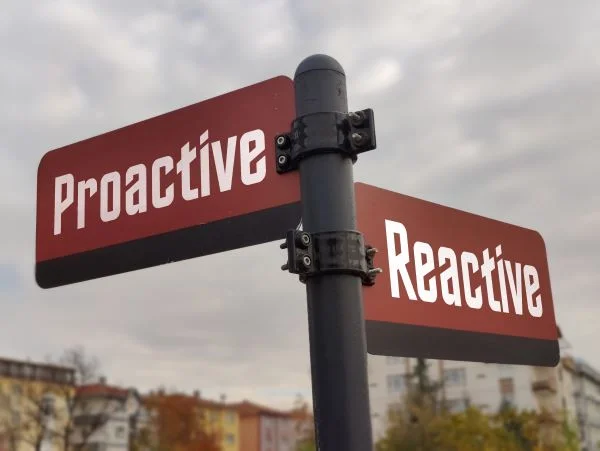Fix it fast, prevent it forever: Mastering CAPA for quality control
Product-related quality issues are the most sensitive: they affect customer trust, can lead to costly product returns, and attract increased regulatory scrutiny.
When quality issues arise, the process that takes center stage is called CAPA – Corrective Action, Preventive Action. In other industries, CAPA may also be referred to as corrective actions, root cause analysis (RCA), incident management, or problem management.
The objective of CAPA is simple: address the immediate issue (corrective action) and implement measures to prevent recurrence (preventive action). While the goal may be straightforward, your quality systems and processes are often complex – investigations and resolutions can take time, involve multiple stakeholders, rely on excessive and hard-to-analyze data, and suffer from poorly documented decisions. The most complicated problems are often those that weren’t addressed early enough.
To avoid this, companies must regularly review their CAPA and quality processes to ensure people, procedures and information are in place and ready to be deployed if a product recall becomes necessary. Assessing your CAPA process before major problems arise can help you:
- Identify existing issues that could be resolved to prevent a recall
- Reassure regulatory bodies that process controls are in place and quality is taken seriously
- Ensure your organization is ready to respond effectively
When reviewing your CAPA and quality process, focus on these key elements:
- Key Performance Indicators (KPIs): CAPA works best when investigations are based on objective data. Gathering the right data in advance not only speeds up resolution time but also establishes early warning systems.
- Processes and Procedures for Investigations: Does your organization have a clear and well-understood set of procedures for investigating and resolving problems? How well were these processes followed in past incidents? Training may be necessary to strengthen awareness and adoption.
- Root Cause Analysis (RCA) Methods: Quickly and effectively identifying the true root cause is crucial for a successful CAPA response. Ensure your organization has problem-solving tools and knows how to apply them consistently—even under pressure.
- Decision-Making Processes: Is it clear who in the organization makes CAPA-related decisions, how those decisions are recorded, and how they are communicated across the organization? Structured decision-making processes are key elements regulators examine during a recall. Defining and practicing them in advance builds confidence in your ability to implement CAPA effectively and sustain its outcomes.
An incident may compel you to take corrective action – but there’s nothing stopping you from pursuing preventive measures today. Reviewing your CAPA and quality processes is a strong starting point to prevent costly product recalls.
About Kepner-Tregoe
For over 60 years, Kepner-Tregoe experts have been helping organizations improve their problem-solving capabilities by combining consulting, process improvement, and training.
Contact us to learn how KT can help you navigate your complex quality landscape.



